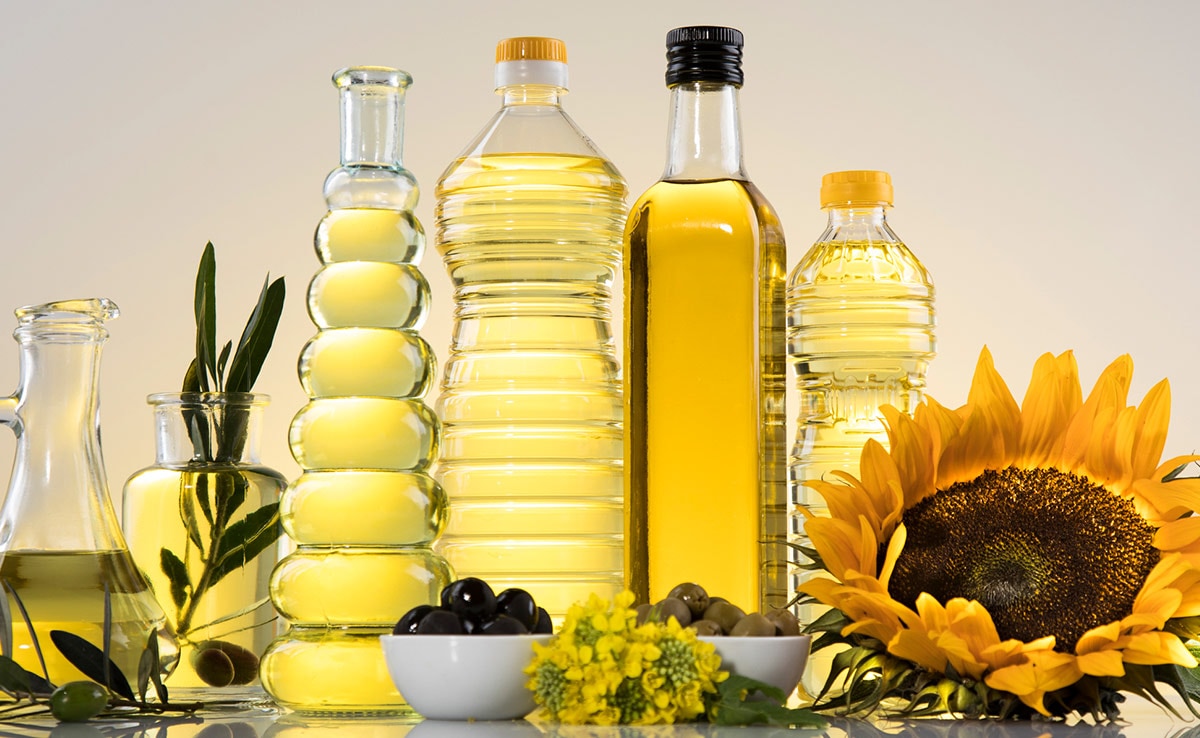There are good and bad cooking oils, and choosing the right one is essential for health. Good cooking oils are rich in healthy fats, such as monounsaturated and polyunsaturated fats, which help reduce inflammation, lower bad cholesterol (LDL), and support heart health. These oils also often contain antioxidants and essential nutrients. In contrast, bad oils are high in unhealthy fats, such as trans fats or excessive omega-6 fatty acids, which can promote inflammation, raise LDL cholesterol, and increase the risk of heart disease. Considering the type of oil used is crucial because it directly affects health outcomes, from managing cholesterol levels to reducing the risk of chronic diseases. Read on as we share a list of the best and worst oils.
Best cooking oils
1. Extra virgin olive oil
Rich in monounsaturated fats and antioxidants, extra virgin olive oil (EVOO) is known for its heart-healthy benefits. It contains oleic acid, which helps reduce inflammation and lower LDL (bad) cholesterol levels while increasing HDL (good) cholesterol. The antioxidants, especially polyphenols, help fight oxidative stress and prevent chronic diseases.
2. Avocado oil
Avocado oil is rich in monounsaturated fats and has a high smoke point (about 520°F/271°C), making it ideal for high-heat cooking methods like frying or grilling. It’s also packed with vitamins E and D, which support skin health and immune function.
3. Coconut oil
Coconut oil is high in medium-chain triglycerides (MCTs), which are metabolised quickly and can provide an immediate source of energy. It also contains lauric acid, which has antimicrobial and anti-inflammatory properties.
4. Ghee
Ghee is rich in fat-soluble vitamins A, D, E, and K, and contains conjugated linoleic acid (CLA), which has been linked to anti-inflammatory effects. It has a high smoke point (485°F/252°C) and is lactose-free, making it suitable for those with dairy sensitivities.
5. Canola oil
Canola oil has a balanced ratio of omega-3 to omega-6 fatty acids and is low in saturated fat. It’s known for its heart-healthy properties and high smoke point (400°F/204°C).
Unhealthy cooking oils
1. Palm oil
Palm oil is high in saturated fat, which can raise LDL cholesterol levels if consumed in large amounts. Additionally, palm oil production is often associated with deforestation, habitat destruction, and unethical practices. Some research has indicated that palm oil might have certain health benefits. It’s rich in certain antioxidants and may be beneficial for brain health but we need more research to confirm this. It may be better than a few other bad fats but is still not the first choice for consumption because of it being so high in saturated fats.
2. Vegetable oil blends
These blends often contain a mix of oils like soybean, corn, palm, and canola, which are highly processed and refined. They may contain trans fats or high levels of omega-6 fatty acids, which can promote inflammation when consumed in excess.
3. Corn oil
Corn oil is high in omega-6 fatty acids, which, when consumed in large amounts, can lead to an imbalance with omega-3 fatty acids, promoting inflammation in the body. It’s also often made from genetically modified corn.
4. Soybean oil
Like corn oil, soybean oil is high in omega-6 fatty acids and is often heavily processed and refined, which can strip away beneficial nutrients. It’s also prone to oxidation at high temperatures, creating free radicals.
5. Sunflower oil
While high oleic sunflower oil is a better choice than regular sunflower oil, it still contains a significant amount of omega-6 fatty acids, which can contribute to inflammation when consumed in large amounts. Regular sunflower oil also has a low smoke point.
Choosing the right oil depends on the cooking method, health goals, and flavour preferences.
Disclaimer: This content including advice provides generic information only. It is in no way a substitute for a qualified medical opinion. Always consult a specialist or your doctor for more information. NDTV does not claim responsibility for this information.













